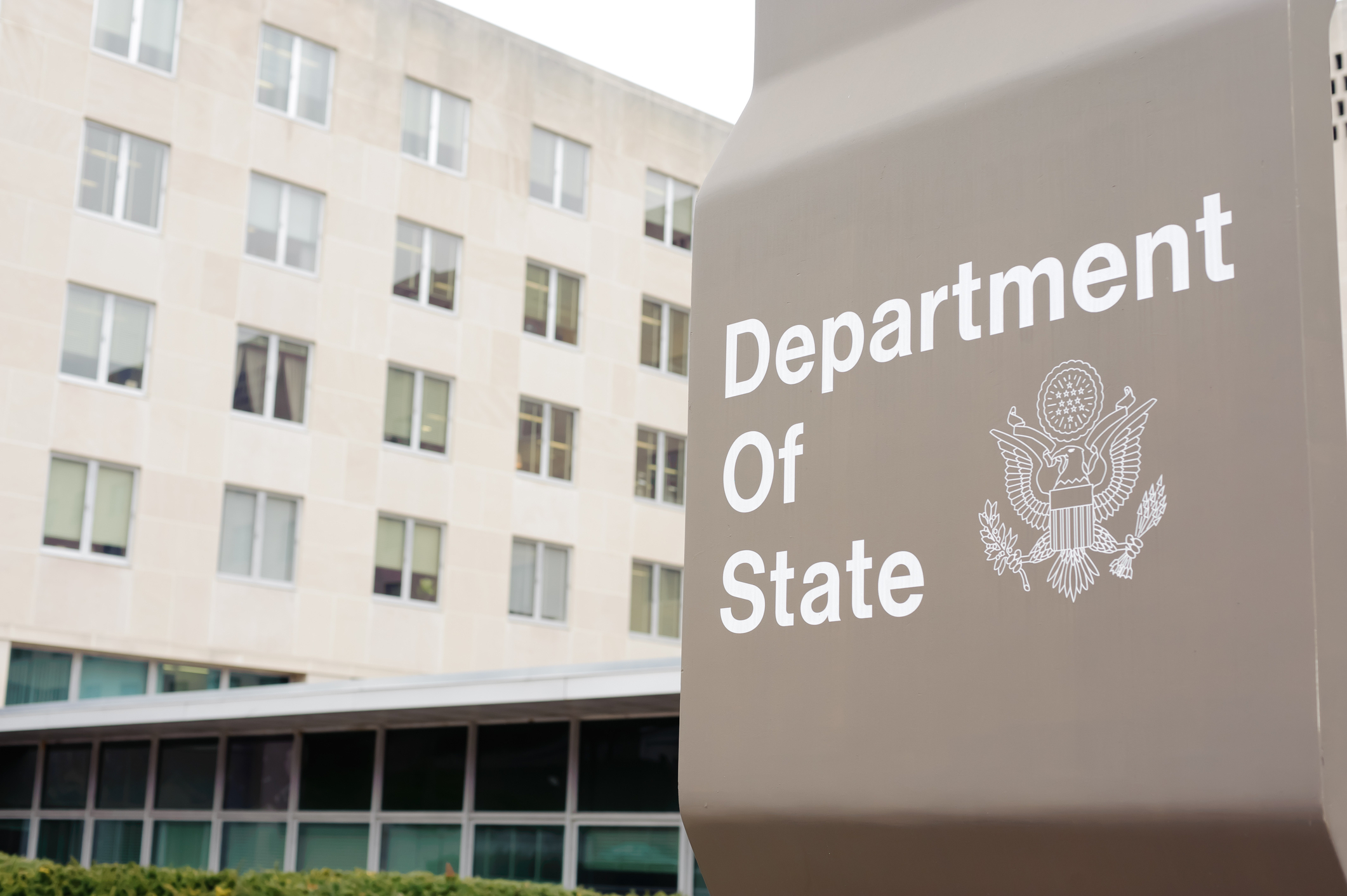The 2023 US State Department report on Romania highlights widespread corruption and misuse of public funds, but no significant overall changes in the human rights situation in the country during the year.
The report notes that significant human rights issues included credible reports of cruel, inhuman, or degrading treatment or punishment by the government or on behalf of the government; and serious government corruption. It also says that the government took credible steps to identify and punish officials who may have committed human rights abuses, but in some cases, government actions were insufficient, and impunity was a problem.
Corruption was a problem at customs and inside police units, while bribery was common in the public sector, especially in the healthcare system. The National Anti-corruption Directorate prosecuted more than 50 cases related to corruption in the healthcare system, including cases against a manager, seven doctors, and three hospital directors.
The report mentions the case of former Neamt County Council President Ionel Arsene, who was sentenced to almost 7 years in prison for influence peddling and accepting of briery but left for Italy, now awaiting extradition. It also notes the explosions at the liquified petroleum gas station near Bucharest last August, which killed 6 and injured 5 others. The station was allowed to operate despite irregularities “due to corruption and political patronage,” the report says.
Among the issues noted in the report was the overcrowdedness of prisons.
“Prison conditions were harsh and overcrowded. Abuse of prisoners by authorities and other prisoners occurred. Inmates complained food quality was poor and sometimes insufficient in quantity. Prisoners had very limited access to hot water. Sanitary facilities were often in a poor state of repair, and detained persons were not provided with appropriate quantities of detergent and hygiene products. Independent observers noted cells were often dilapidated and lacked equipment,” the State Department noted.
Insufficient medical care or assaults among detainees were also issues.
There were, however, positives underlined by the report. The constitution and law in Romania prohibit arbitrary arrest and detention, provide for an independent judiciary, and also provide the right to a fair and public trial. All were generally observed, according to the report.
“The constitution provided for freedom of expression, including for members of the press and other media, and the government partially respected this right. Independent media organizations noted excessive politicization of media, corrupt financing mechanisms, as well as editorial policies subordinated to political parties and owners’ interests. […] Reporters and NGOs often had to sue state-controlled ministries, agencies, or local entities to access public information,” the report says.
Moreover, some reporters throughout the country were harassed, sued, or threatened by authorities whom they investigated or by their proxies. Journalists, due to their reporting, were subjected to harassment and intimidation tactics by authorities. One example cited in the report is the British freelance investigative journalist Crina Boros, who said staff from the Ministry of Environment, Waters, and Forest subjected her to two hours of aggressive interrogation during a May 18 meeting. Boros was attempting to document allegations of illegal logging, mining, and habitat destruction.
(Photo source: Tea | Dreamstime.com)





